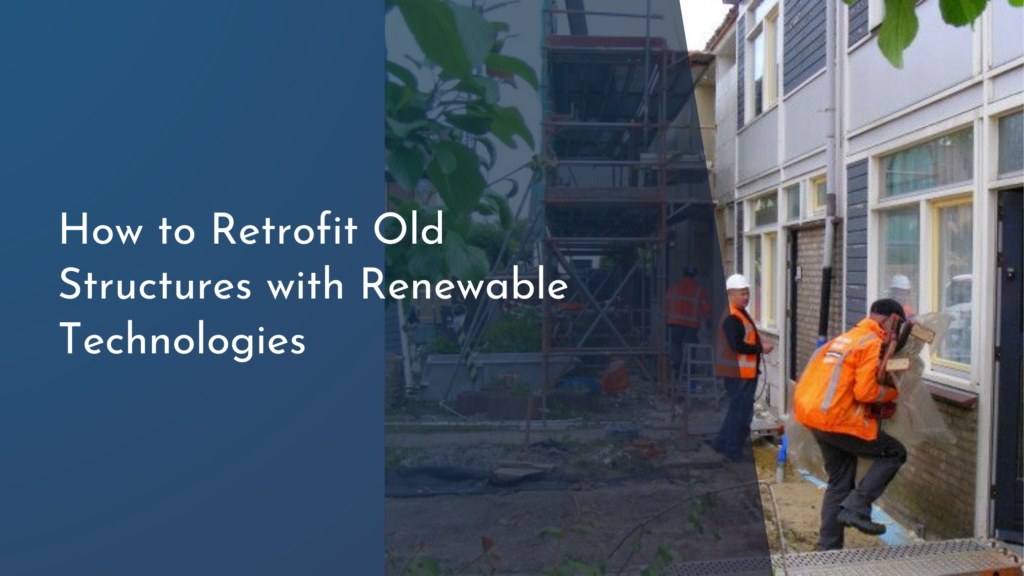The Role of Technology in Water Resource Management
Water resource management is an essential aspect of ensuring sustainability and environmental balance. With the advent of advanced technologies, managing water resources has become more effective and efficient. Technology has paved the way for innovative methods to harness, monitor, and manage water, ensuring its availability for future generations. In this article, we explore the significant role technology plays in water resource management, shedding light on the latest advancements and applications that are making a real difference.
Harnessing Tech for Sustainable Water Use
Technology has made significant strides in promoting sustainable water use, primarily through the development of sophisticated systems that optimize water consumption in agriculture, industry, and urban settings. Smart irrigation systems, for example, use sensors and data analytics to assess soil moisture and automatically adjust watering schedules, minimizing water waste while maximizing crop health. Such technologies not only conserve water but also contribute to increased agricultural productivity and reduced environmental impact.
Moreover, water recycling technologies have transformed water management in urban environments. These systems treat wastewater to a safe level before reintroducing it into the water cycle, providing a sustainable solution for managing the urban water supply. The use of recycled water for non-potable purposes, such as irrigation and industrial processes, significantly reduces the strain on freshwater resources, highlighting technology’s role in promoting water sustainability.
Innovative Tools in Water Quality Monitoring
Advancements in technology have revolutionized water quality monitoring by introducing more accurate and real-time tracking tools. Sophisticated sensors and remote monitoring systems are now used extensively to detect pollutants and assess water quality in various bodies of water, such as rivers, lakes, and oceans. These systems provide critical data that help manage water pollution and protect aquatic ecosystems by ensuring timely responses to potential hazards.
Furthermore, portable water testing kits have democratized water quality testing, enabling communities and local governments to conduct their assessments without needing sophisticated laboratories. These kits are designed to be user-friendly and cost-effective, allowing for frequent water quality evaluations. This empowerment plays a crucial role in maintaining public health and safety by providing immediate insights into water quality, especially in remote or underprivileged areas.
AI and IoT: Revolutionizing Water Management
Artificial Intelligence (AI) and the Internet of Things (IoT) are at the forefront of revolutionizing water management. AI algorithms are used to predict water usage patterns and potential system failures, facilitating proactive maintenance and efficient water distribution. This level of predictive analytics helps in mitigating risks associated with water shortages and infrastructure decay, ensuring a steady and reliable water supply.
On the other hand, IoT devices are instrumental in creating interconnected water management systems. Sensors placed throughout water infrastructure collect data on flow rates, pressure, and even chemical composition, which is then analyzed to optimize system performance. This integration of IoT in water management not only enhances operational efficiency but also promotes the conservation of resources by reducing leaks and unnecessary water loss.
Concluding Thoughts on Technology’s Impact
The integration of technology into water resource management has undeniably transformed how we understand and interact with our most precious resource. From enhancing water use efficiency to ensuring the safety and sustainability of water supplies, technology stands as a pivotal element in addressing the complex challenges of water management. As we continue to face global water-related challenges, the role of technology will only become more critical.
In the future, continued innovation and adoption of technological solutions will be key to advancing water sustainability and security. It is essential for governments, industries, and communities to invest in these technologies, fostering a collaborative approach to water management that is informed, effective, and forward-thinking.
The journey of integrating technology into water resource management is an ongoing process that holds considerable promise for the future. As we harness these innovative tools and approaches, we open up new pathways for not only conserving but also intelligently managing our water resources. Technology, therefore, is not just a tool but a transformative force that is reshaping the landscape of water management for a sustainable and prosperous future.

